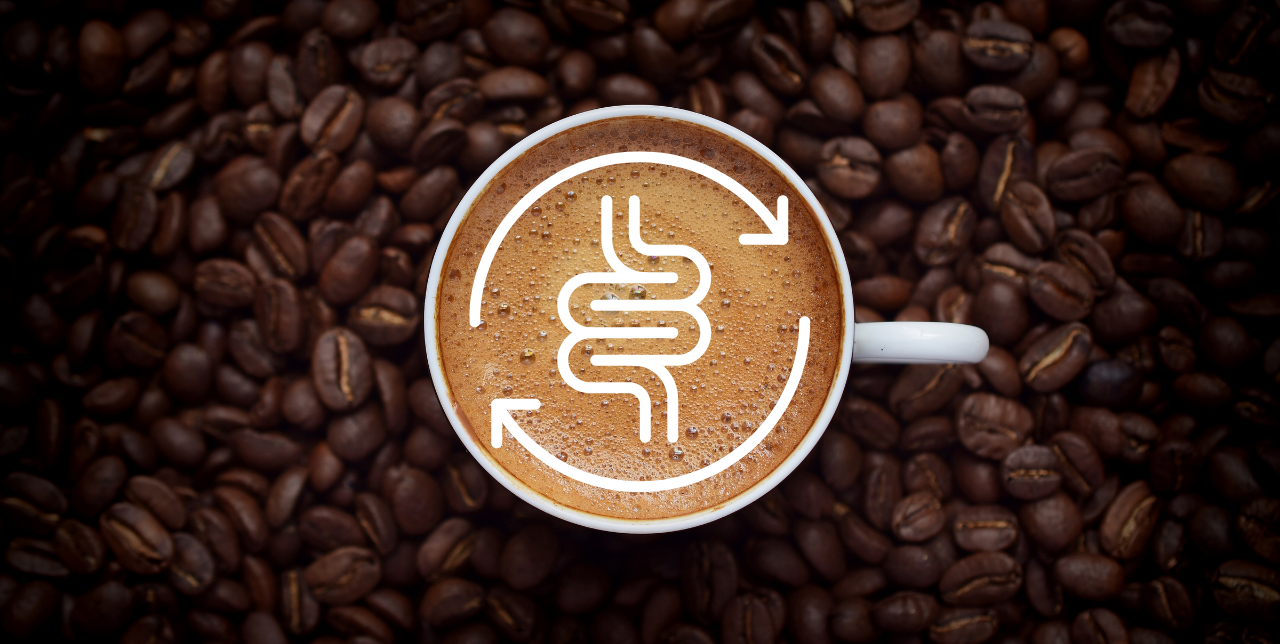Coffee lovers, gather around! While your morning brew can kickstart your day and lift your spirits, it can also stir up some less pleasant reactions in your digestive system. Let’s break down the anatomy of coffee and digestion, uncovering how coffee impacts our gut and what we can do to minimize any unwanted side effects.
Coffee and Digestion: The Basics
Coffee is more than just a flavorful beverage; it’s a complex mixture of compounds that can have a significant impact on digestion. The main player here is caffeine, which stimulates the digestive system by increasing gastric acid production in the stomach. While this can speed up digestion, for some, it might lead to issues like heartburn or gastroesophageal reflux disease (GERD).
Common Digestive Reactions to Coffee
Drinking coffee can cause various digestive symptoms. Some of the most common include:
- Acidity: Coffee’s high acid content can irritate the stomach lining, leading to discomfort.
- Laxative Effect: Coffee often speeds up the process of gastrin release, which can increase colon activity and lead to loose stools or diarrhea.
- Heartburn: The relaxing effect of caffeine on the esophageal sphincter can allow stomach acids to travel back up into the esophagus, causing a burning sensation.
Why Does Coffee Affect Digestion?
The anatomy of coffee and digestion is closely linked due to the presence of caffeine and other acidic compounds in coffee. These elements promote the production of stomach acid and can alter the tone of the lower esophageal sphincter. It’s this combination that can exacerbate symptoms like heartburn and stomach upset.
Minimizing Coffee’s Digestive Side Effects
Love coffee but not the digestive distress it brings? Here are some tips to keep the java flowing without the woes:
- Moderate Your Intake: Keeping to one or two cups a day can help keep stomach acid levels more manageable.
- Opt for Low Acid Coffee: Some brands specifically offer low-acid coffee, which can be gentler on your stomach.
- Mind the Timing: Drinking coffee on an empty stomach can increase acid production. Try having your coffee with or after a meal instead.
- Switch Your Brew Method: Cold brew, for instance, is typically less acidic than hot coffee and might be easier on your digestive system.
- Watch What You Add: Creamers and sugars can also affect digestion. Experiment with less or different types of additives to find what works best for you.
Kopi Luwak And Digestion
When discussing the effects of coffee on digestion, the unique case of Kopi Luwak offers some interesting contrasts. Kopi Luwak, also known as civet coffee, involves coffee beans that have been eaten and excreted by the civet, a small mammal. This unusual process not only makes Kopi Luwak one of the most expensive coffees globally but also impacts its chemical makeup. The digestive enzymes in the civet’s stomach break down proteins in the coffee beans that are responsible for bitterness. As a result, Kopi Luwak is often less acidic than regular coffees. This lower acidity can make Kopi Luwak a smoother, gentler option on the stomach, potentially reducing the likelihood of acid reflux or discomfort that some people experience with more acidic coffees. Thus, for those with sensitive stomachs, Kopi Luwak might offer a unique but costly alternative to traditional coffee brews.
The Bigger Picture on Coffee and Digestion
Understanding the anatomy of coffee and digestion helps us appreciate why our bodies react the way they do to this beloved beverage. By adjusting how and when we drink our coffee, we can enjoy its benefits while minimizing its less desirable effects.
Conclusion
Coffee’s relationship with our digestive system is complex but manageable. Whether you’re a casual drinker or a coffee aficionado, paying attention to how coffee affects your digestion can help you make more informed choices. Remember, every body is different, so what works for one person might not work for another. Listen to your body, and adjust accordingly.
Reference Links:

